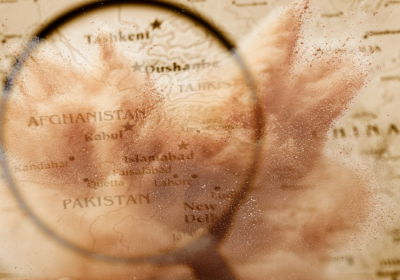
Farooq Sulehria looks behind the recent clashes between Pakistan and Afghanistan.

Farooq Sulehria looks behind the recent clashes between Pakistan and Afghanistan.
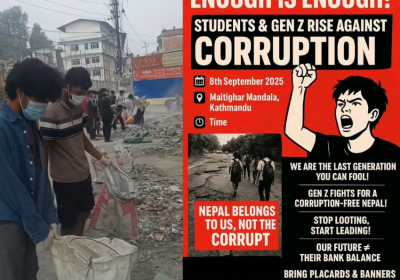
As the Gen Z protest movement shook Nepal to its roots, Nepalese journalist and writer Manarishi Dhital — a veteran of the 1996–2006 People’s War against the monarchy — spoke to Green Left’s Peter Boyle about why the movement is “re-awakening Nepal’s revolutionary spirit”.
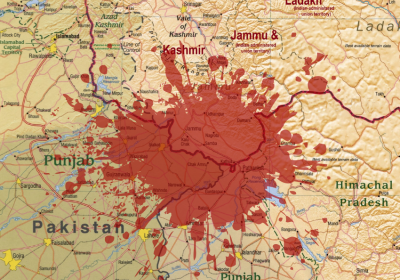
In the second part of our interview, Isaac Nellist speaks with Pakistani socialist Ammar Ali Jan about the current ceasefire deal between Pakistan and India, self-determination for Kashmir and steps towards peace in the region.
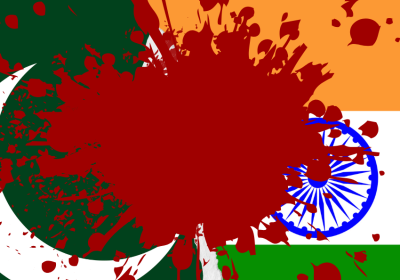
Green Left’s Isaac Nellist spoke to Ammar Ali Jan, Pakistan socialist and general secretary of the Haqooq-e-Khalq (Peoples’ Rights) Party, about the tensions between India and Pakistan, which broke out into war after India launched missile strikes.

Independent investigative journalist, filmmaker and best-selling author Antony Loewenstein spoke about his latest book, How Israel Exports the Technology of Occupation Around the World, on Green Left Radio. Ruth Heymann reports.
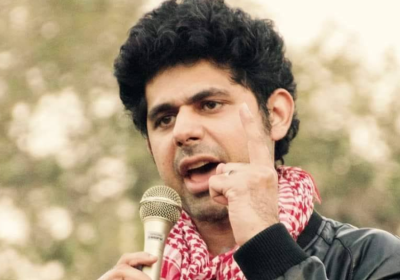
Ammar Ali Jan is general secretary of the anti-capitalist Haqooq-e-Khalq Party in Pakistan. He spoke with Green Left’s Federico Fuentes about growing US-China tensions, its impacts on Pakistan and implications for anti-imperialism in the Global South.

Talk by Clifton D'Rozario of the Communist Party of India (Marxist-Leninist) Liberation on "Caste and class in India today" at #Ecosocialism2023 conference.

Green Left’s Jacob Andrewartha spoke to Aishik Saha, an activist with All India Students Association and a researcher on digital and algorithmic labour, about the development of artificial intelligence under capitalism.
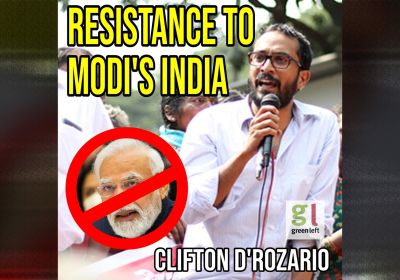
Green Left speaks to Clifton D'Rozario, a member of the Communist Party of India (Marxist-Leninist) Liberation about the rise of the Narendra Modi government in India.

Meraj Khan and David Shoebridge discuss vaccine nationalism and the ban on travel from India into Australia.